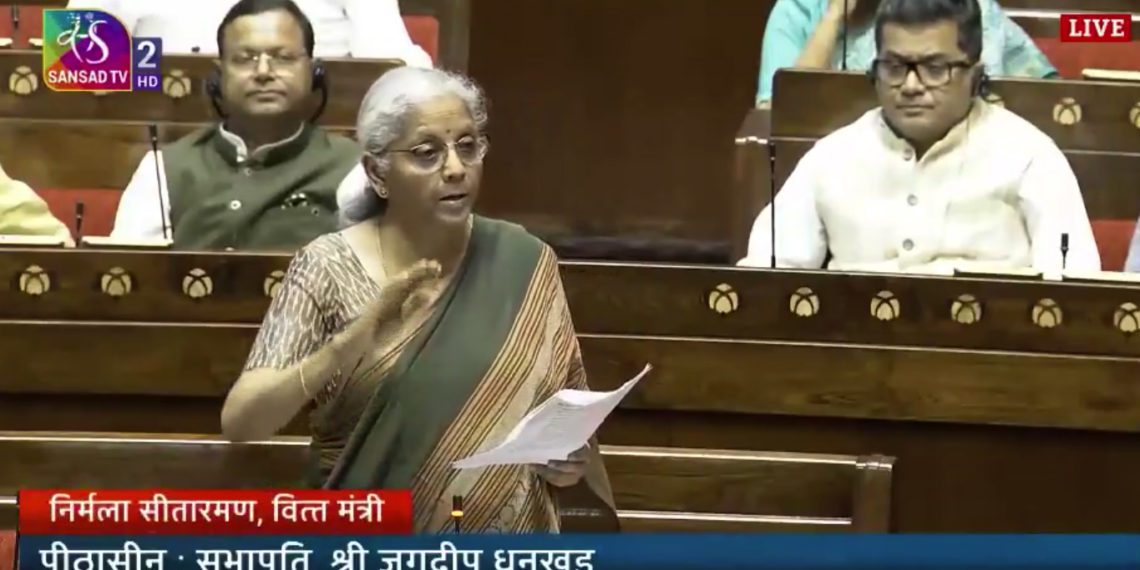Parliament on Wednesday passed the Banking Laws (Amendment) Bill, 2024, with the Rajya Sabha approving it by voice vote. The bill allows bank account holders to nominate up to four individuals, introducing a significant change in banking regulations.
Finance Minister Nirmala Sitharaman highlighted key amendments aimed at strengthening governance in cooperative banks. She noted that while directors in commercial banks serve for eight years, those in cooperative banks were previously limited to five years—despite the Constitution allowing a tenure of ten years. The amendment aligns the tenure with constitutional provisions, ensuring directors are not denied their rightful term.
Additionally, the bill prohibits common directorships in cooperative banks, bringing them in line with Reserve Bank of India (RBI) regulations, which restrict individuals from holding multiple directorial positions across financial institutions.
It impacts five banking laws, including the Reserve Bank of India Act, 1934, and the Banking Regulation Act, 1949, making it a comprehensive reform. Another key change is redefining ‘substantial interest’ in a bank, increasing the threshold from Rs 5 lakh to Rs 2 crore, a revision made after nearly six decades.
During the debate, Sitharaman asserted the government’s commitment to tackling wilful defaulters, noting that the Directorate of Enforcement has pursued 112 cases of bank fraud in the past five years.
She clarified that loan write-offs do not equate to waivers and that banks continue recovery efforts. Public sector banks recorded their highest-ever profit of Rs 1.41 lakh crore in the last fiscal year, and she expressed confidence that profitability would further improve in 2025-26.
The bill permits directors of Central Cooperative Banks to serve on State Cooperative Bank boards and grants banks greater flexibility in determining statutory auditors’ remuneration. Reporting dates for regulatory compliance will now be the 15th and last day of each month, replacing the previous system of the second and fourth Fridays.
Another key provision introduces simultaneous nomination for cash and fixed deposits, already a standard practice in insurance policies. For lockers, however, only simultaneous nomination will be allowed. Sitharaman described the amendments as unique, impacting multiple laws and ensuring critical banking reforms.













































